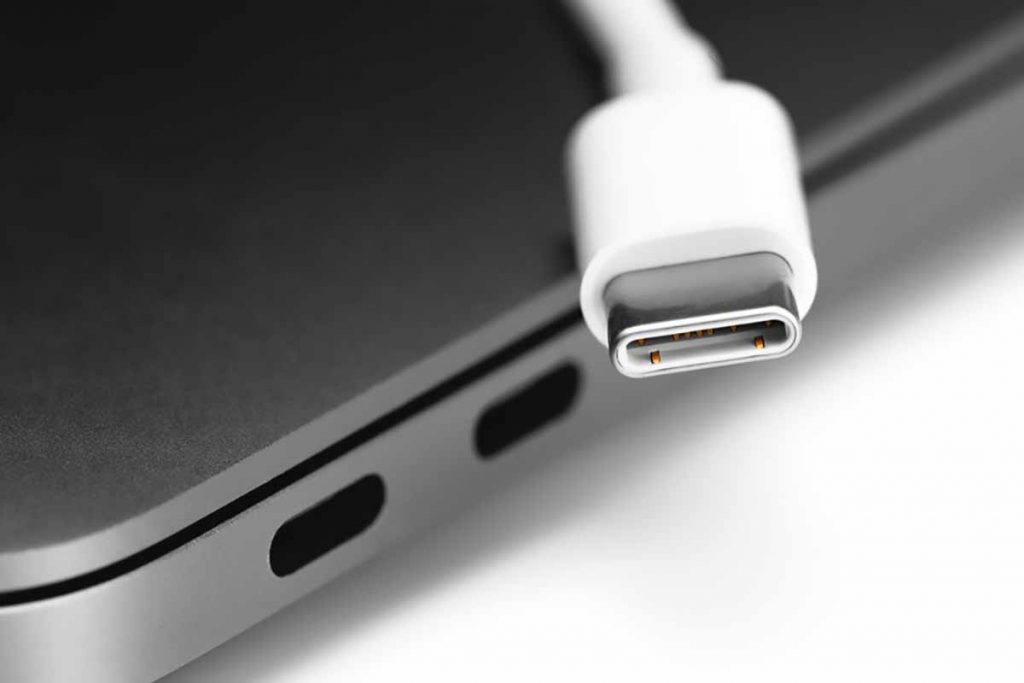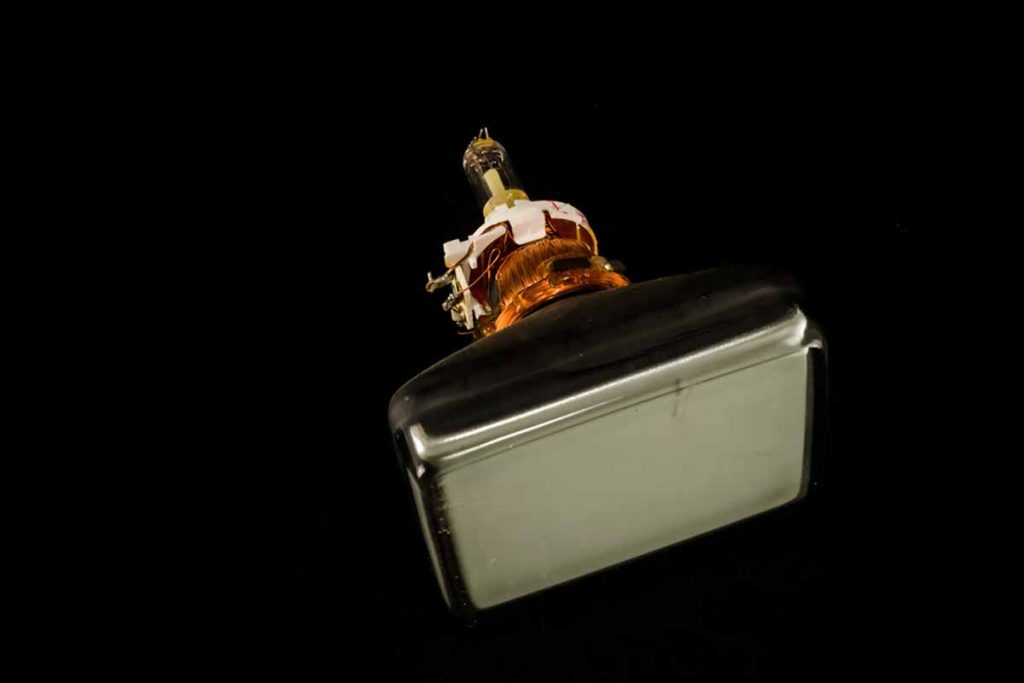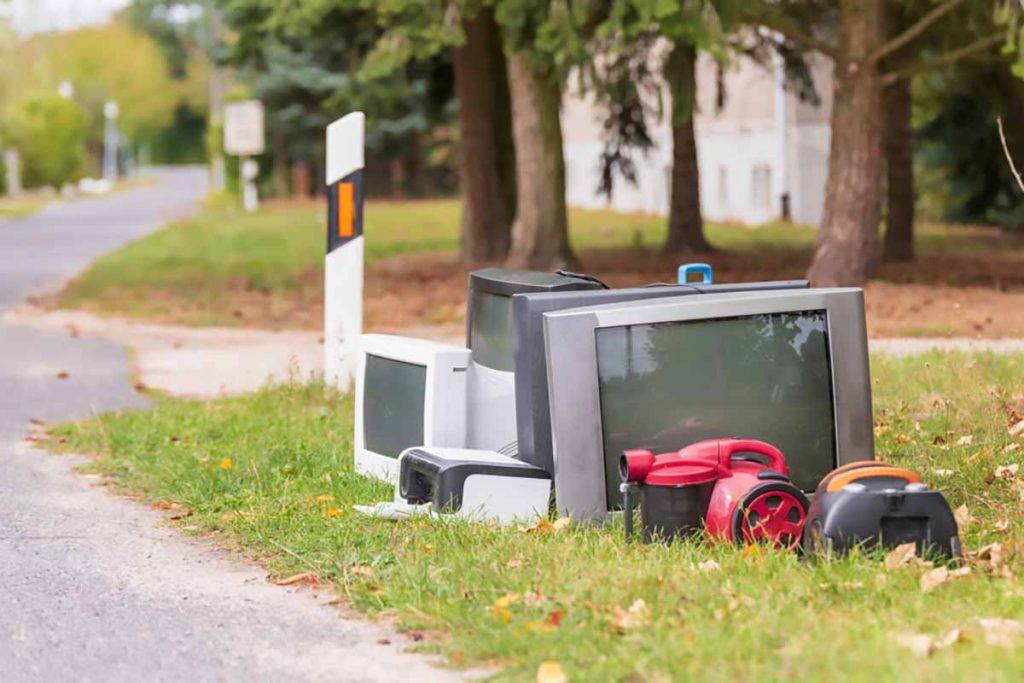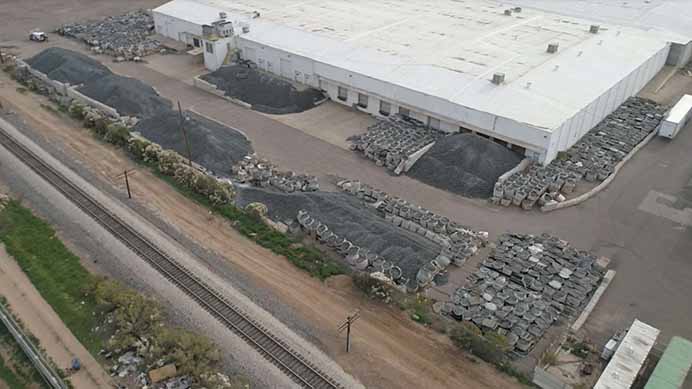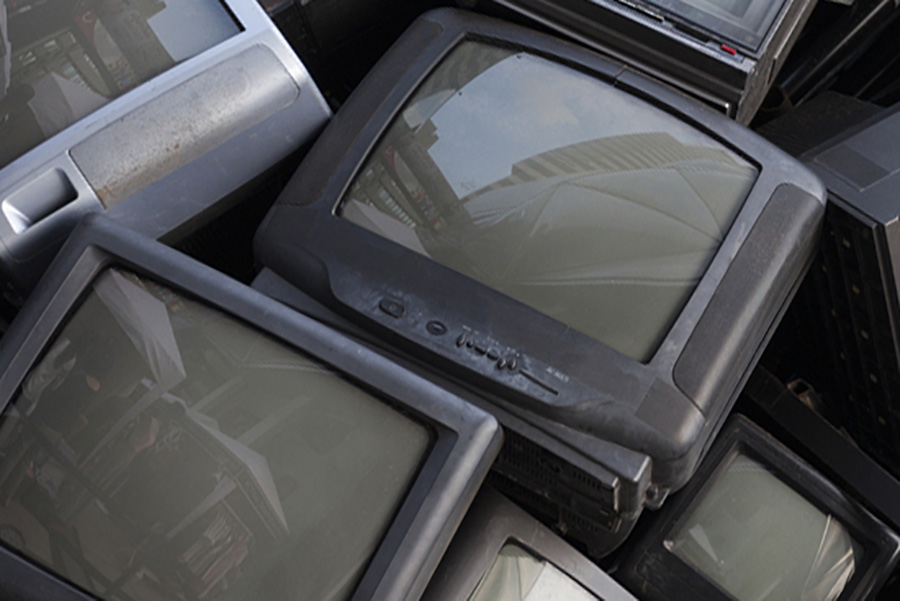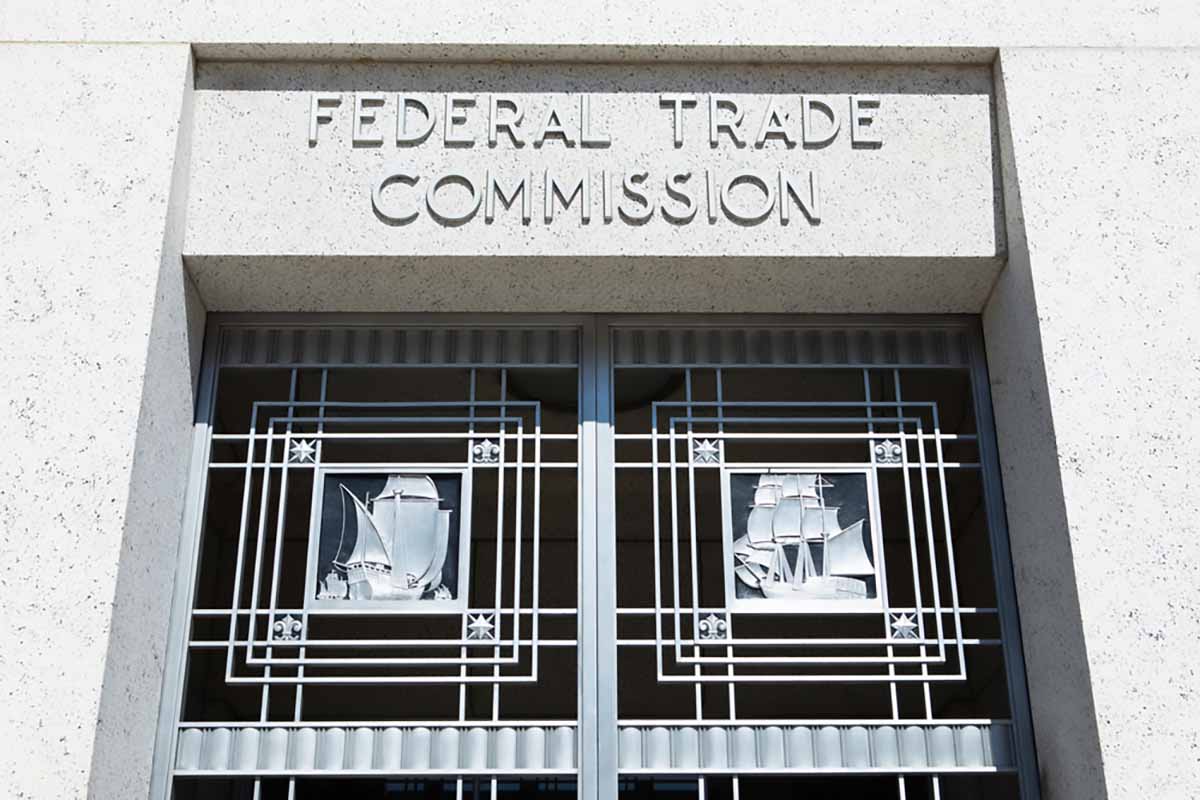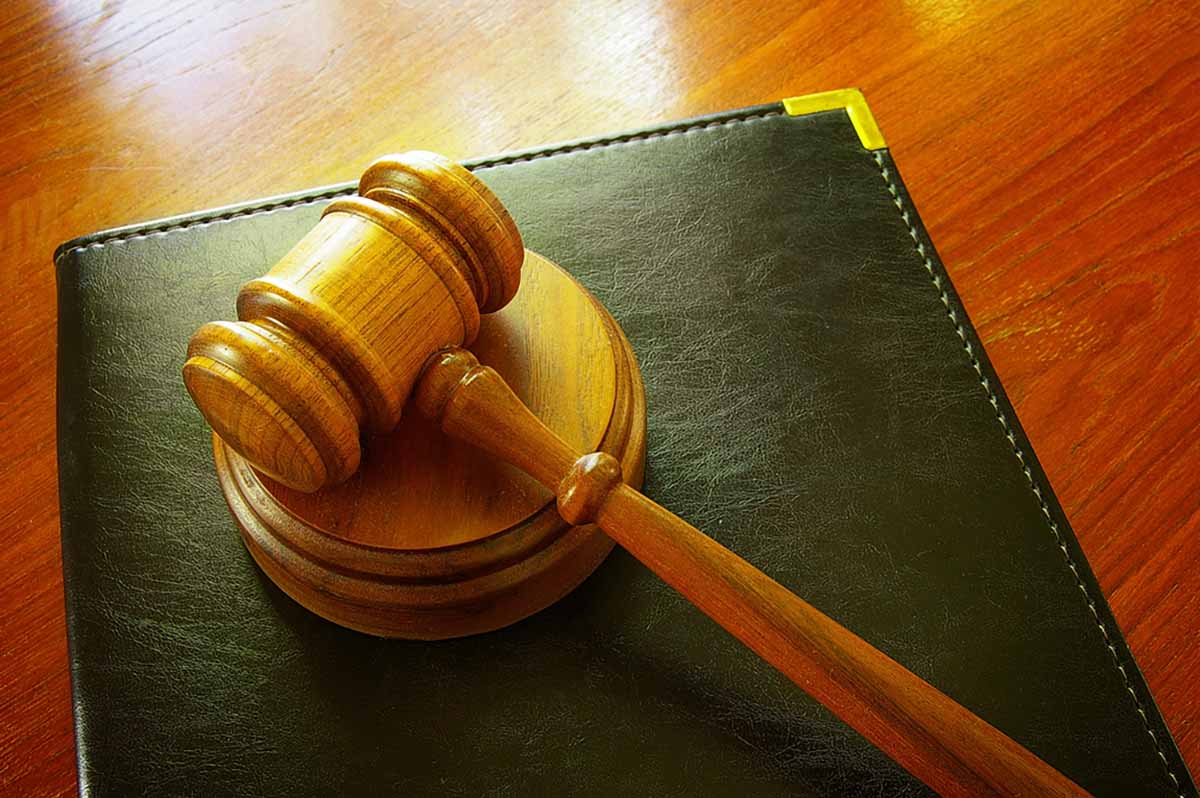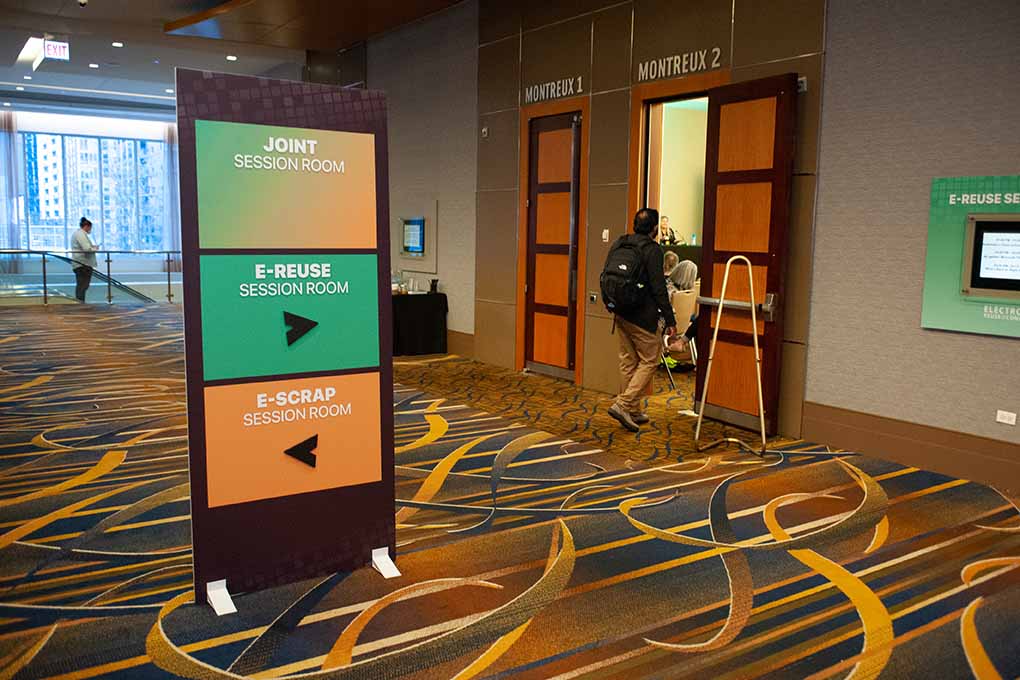
E-Scrap & E-Reuse 2021 drew roughly 950 attendees Nov. 8-10 to the Swissôtel in downtown Chicago. | daleyphoto.com
Hundreds of electronics recycling and reuse leaders gathered this week for a conference that explored how stakeholders have coped with COVID-19 – and detailed what comes next for the sector.



